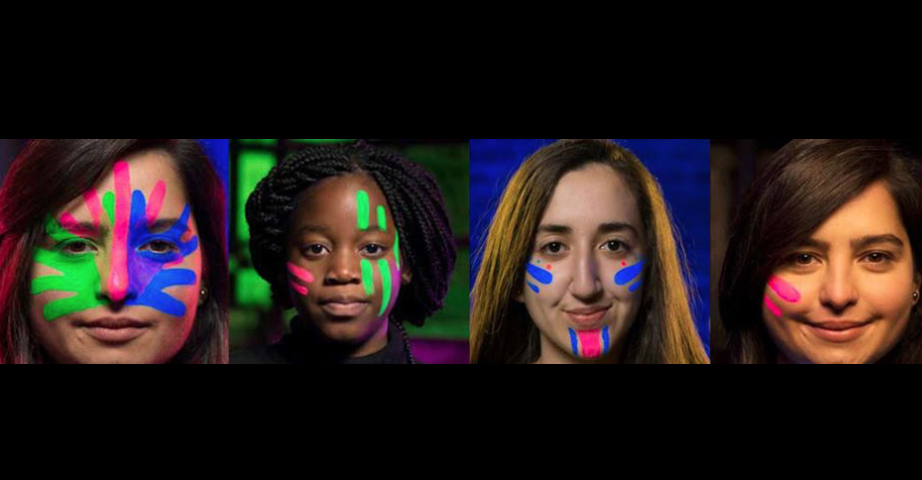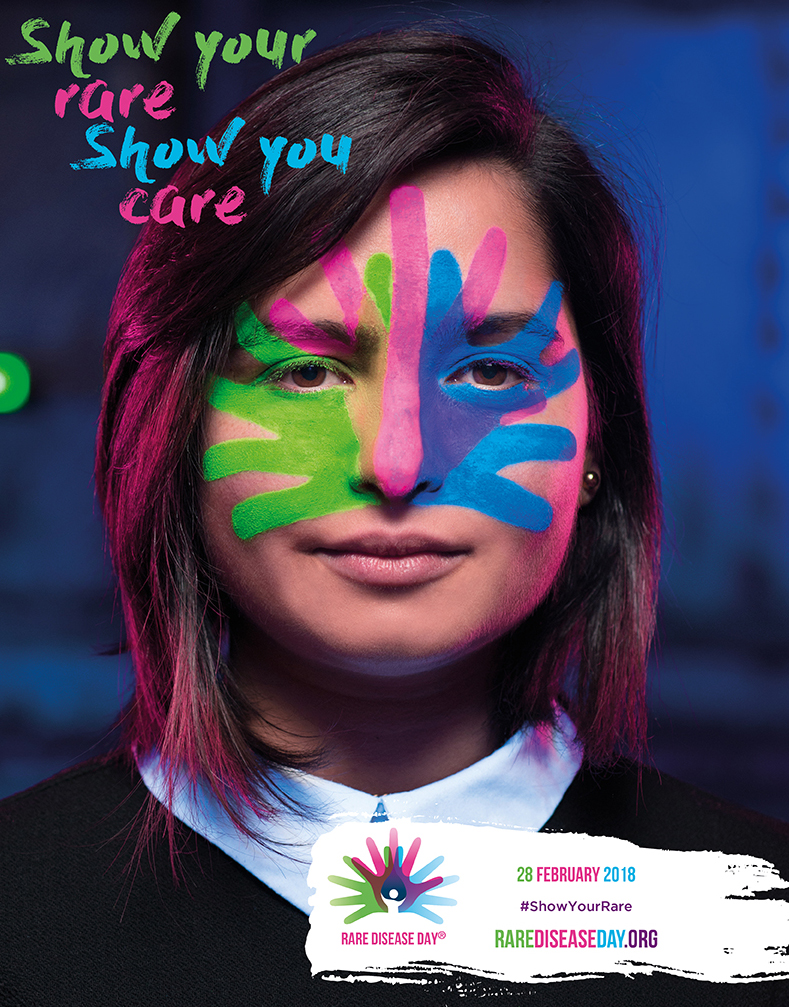Patient Advocacy Groups Worldwide Plan Events to Mark Rare Disease Day, Feb. 28
Written by |

A rock-painting contest in Las Vegas. A fashion show in New York. A 7,000-meter race around the Washington Monument that’ll coincide with a similar #Racefor7 event in Bengaluru and Mumbai, India.
From Athens to Atlanta, from San Diego to Sydney, people across the globe will mark World Rare Disease Day on Feb. 28 in a variety of fun, creative ways. The goal: to raise awareness about the 7,000 or so known rare diseases, 95 percent of which have few treatments and no cures.
U.S. patient advocacy groups alone plan some 50 events in 32 states and the District of Columbia to honor the day, which calls attention to diseases that afflict about 30 million people in the U.S., an equal number in Europe, and about 400 million worldwide.
The National Organization for Rare Disorders (NORD) is the official U.S. sponsor of Rare Disease Day, along with Paris-based EURORDIS — a nonprofit alliance of 792 rare disease patient organizations in 69 countries in Europe and elsewhere. In all, 323 events are already on the calendar for 2018.
The global theme for this year’s campaign is research.
“Rare Disease Day 2018 offers participants the opportunity to be a part of a global call on policy makers, researchers, companies and healthcare professionals to increasingly and more effectively involve patients in rare disease research,” says a joint statement by the two organizations. “Great efforts are being made to take rare disease research to the international level. Only by doing so can we guarantee this research will be truly effective.”
It added: “In turn, this will contribute to increased and faster diagnosis of rare diseases, and therefore reduce the number of people around the world who face the daily challenge of living with an undiagnosed rare disease.”
Rare Disease Day 2018 also has an official one-minute video, “Show Your Rare.” Translated into 24 languages, it features 5-year-old Enzo, who has congenital myasthenic syndrome; Yara, a rare disease researcher who specializes in Marfan syndrome; Annie, who has Leber hereditary optic neuropathy, and Alexandre, who has fibrodysplasia ossificans progressiva.
The official Rare Disease Day 2018 ambassador is Sean Hepburn Ferrer, the eldest son of the late actress and humanitarian Audrey Hepburn. She died in 1993 from pseudomyxoma peritonei/adenocarcinoma — a cancer that affects only one in a million people.
Rare Disease Day grows year-by-year
Launched by EURORDIS in 2008, Rare Disease Day came to the United States the following year, with 39 state governors issuing proclamations and more than 200 organizations, agencies, and companies signing on as Rare Disease Day partners.
This year, at least 20 states will host Rare Disease Day legislative advocacy events at their capitals, including Alabama, Arizona, Arkansas, California, Colorado, Connecticut, Illinois, Kentucky, Maine, Maryland, Michigan, Minnesota, Mississippi, New Hampshire, New Jersey, New York, Ohio, Oklahoma, South Carolina, and Utah.
NORD will also moderate a tweetchat on the topic, “What to do if you or your child receive a rare disease diagnosis,” with co-hosts from Boston Children’s Hospital and The Mighty. The Feb. 28 event takes place from 1 to 2 p.m. using #RDD18Chat. For more information, click here.
The New York Genome Center will mark the day with an evening conference, “Rare Disease Genetics: Unlocking Insights for All.” Speakers include Max Gomez, medical correspondent for CBS News; Tuuli Lappalainen, an assistant biology professor at Columbia University; Jean-Laurent Casanova, a genetics professor at New York’s Rockefeller University; and Bruce Gelb, a pediatrics and genetics professor at Mount Sinai’s Icahn School of Medicine.
One of the most important events will be Rare Disease Day at the National Institutes of Health (NIH). Sponsored by the National Center for Advancing Translational Sciences (NCATS), a unit of the NIH, the all-day March 1 event takes place at the NIH campus in Bethesda, Maryland.
Among other things, it features welcoming remarks by Christopher P. Austin, director of NCATS and chairman of the International Rare Diseases Research Consortium, and James K. Gilman, CEO of the NIH Clinical Center.
85 countries now on board
Outside the U.S., McGill University in Montreal, Canada, will host its Rare Disease Day 2018 event, at which half a dozen speakers from the rare disease community will give talks on research, treatment, and political advocacy. The five-hour conference is sponsored by the university’s Rare Disease Interest Group (rareDIG).
On Feb. 25, the Greek musicians Konstantinos and Lydia Boudounis will perform classical music at the Theocharakis Foundation in central Athens; three days later, the Greek Alliance for Rare Diseases will host a full-day conference.
In Israel, the Sheba Medical Center’s Institute for Rare Diseases in Tel Aviv plans a Feb. 27 seminar that includes discussion of spinal muscular atrophy, congenital central hypoventilation syndrome, and spinocerebellar ataxia.
In Australia, rare disease events are planned for Canberra, Melbourne, Perth and Sydney.
Last year, some 3,300 people in the U.S. — including patients, caregivers, lawmakers, and doctors — attended 43 events nationwide linked to Rare Disease Day 2017. In addition, 1,700 stories were shared through Handprints Across America. NORD says U.S. media outlets mentioned Rare Disease Day more than 4,300 times. The year before featured 37 state house events with 85 countries participating — including first-timers Andorra, Aruba, Indonesia, Libya, Mauritius, Moldova, Tanzania, Tunisia, Uganda, and Zimbabwe.






